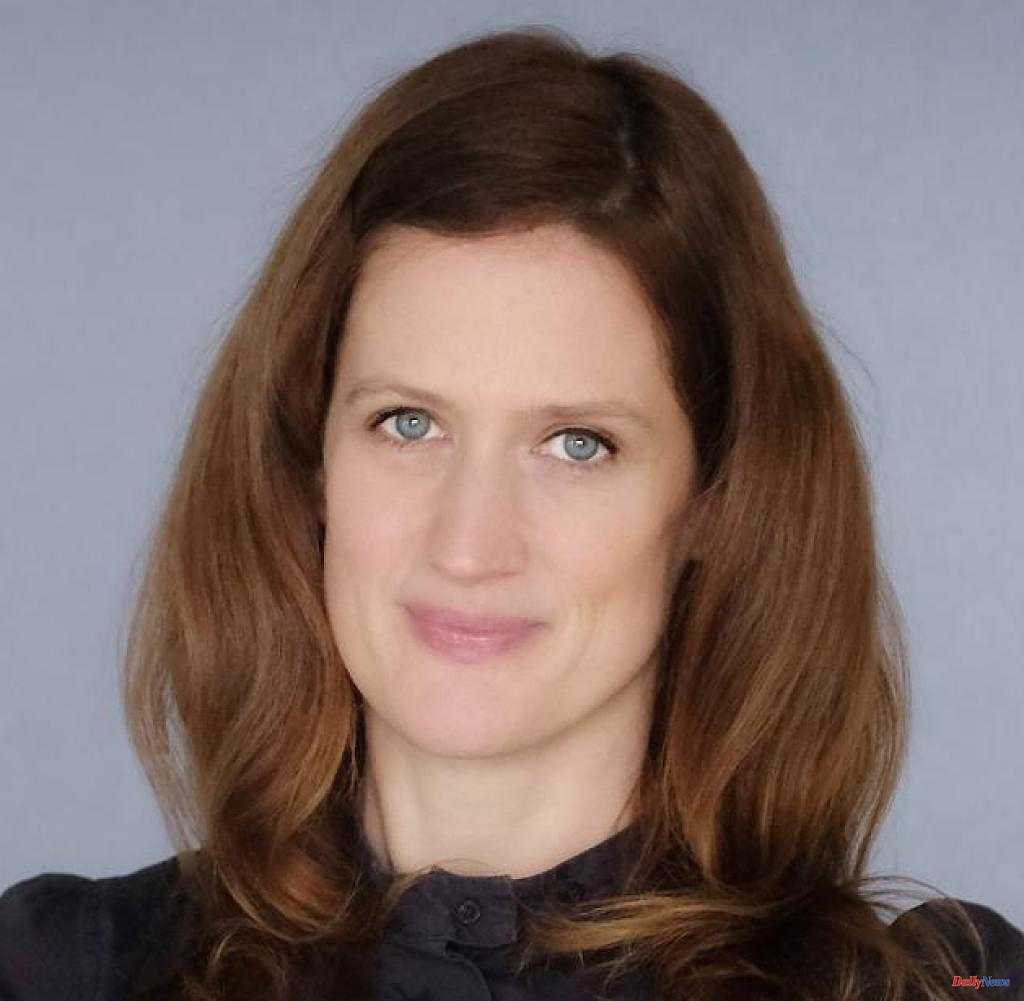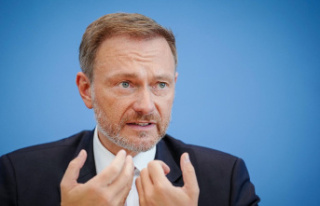In the middle of the week, it was scorching hot in Berlin-Mitte, demonstrators met in front of the Ministry of the Environment, their signs read: "Nuclear power - Yes, please". Until recently, one of the Federal Republican certainties was that protests involving nuclear power grew in size and were always opposed.
In a survey, 61 percent of Germans have just spoken out in favor of the continued operation of nuclear power plants. Economics Minister Robert Habeck now wants to "recalculate" in a second stress test on the power supply, whether it works without them.
His party, the Greens, has also grown steadily since the 1980s and was mostly opposed to it, especially on the nuclear issue. In contrast to other issues, they have long been able to reach a consensus. For decades, the German Angst has also been a German Atom Angst, the cause of which has never been fully elucidated.
Attempts at interpretation usually make use of Gorleben, Tschernobyl, Fukushima. The latter were at least as threatening for other countries, and yet Germany was probably the only country in which a significant number of ten-year-olds knew what becquerels were in the 1980s because there were booklets lying around at home that showed the radiation exposure of food. And the country in which, after the nuclear disaster in Japan, the vast majority demanded an end to nuclear power.
Whether you actively shape it or not, the Ukraine war brought about a turning point. The dictator in the Kremlin may turn on Nord Stream 1 again for the time being and let gas flow, but he will only be a reliable partner for allied dictatorships.
The expansion of renewable energy is not proceeding as it should to meet the needs of even a low-power country. Ricarda Lang, leader of the Greens, was the first to hint that the nuclear power plant could need to be extended. It is a break with dogma, similar to what happened in the spring when arms deliveries were discussed. The majority of the Greens are not in favor of it, but: there are more and more. Just as more and more people across the country are in favor of it.
There are two ways to interpret this: as pragmatism, which accepts that reality doesn't come without risk; or as a resigned fear of a cold winter that beats the traditional German nuclear fear. One possibility is future-proof.












